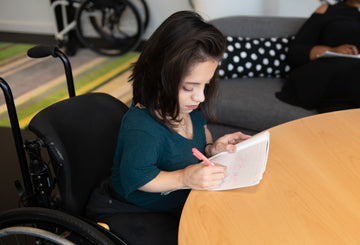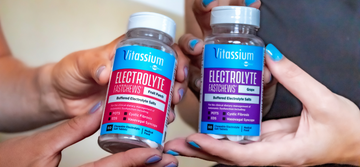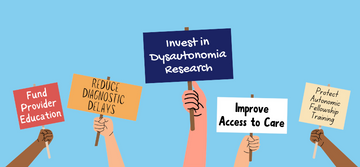
Photo: Disabled and Here
Conscious prejudices and racism and implicit bias are associated with negative physical and mental health consequences. Although this is becoming more recognized, the LGBTQ+ community is often wrongly excluded and further stigmatized. Barriers, discrimination, lack of understanding of the LGBTQ+ community, and being denied access to comprehensive quality care contribute to the mounting challenges this community faces.
Practical and honest advice about chronic illness can be hard to come by but adding the intersectionality of belonging to the LBGTQ+ community can make finding relevant and accurate information virtually impossible. The challenges of managing a chronic illness can be complex, from navigating a difficult healthcare system, to dealing with medical expenses, or just getting the proper care in general. The added layer of discrimination and stigma the faced by the LGBTQ+ community makes these barriers to care even worse.
Although the LGBTQ+ community’s obstacles are critical and disheartening, there are ways to self-advocate in a healthcare setting.
- There is a lack of education among healthcare professionals, but LGBTQ+ folks are also often not getting the quality health education that is needed to stay healthy. Seek out accurate information on health, preventive care and insurance coverage.
- “I encourage members of the LGBTQ+ community to shop around for doctors. Ask questions. Find healthcare providers that are culturally competent and understand the health needs of the community. Ask about their policies and speak up if forms are not inclusive of other sexes or gender,” Brielle Winslow-Majette, Deputy Director of Garden State Equality,
-
Speak up and teach health care providers what your needs and wants are, including correct gendering, use of pronouns, and specific healthcare concerns.
- “LBGTQ+ folks are often drawn to social justice work by virtue of lived experiences. Wherever possible and comfortable, name the various aspects of your identity, for all of them make us whole. Intersectionality is important, Andrew Hairston (he/they), Education Justice Project Director, Texas Appleseed, said. If you educate providers on how to identify you, and the gender of your partners, you could change the way they treat the next person.
- “Be confident that your perspective is unique and valid. Even if it's not done in the moment, feel empowered to push back on healthcare providers who dismiss your experiences and act as if your identity is a phase,” Hairston said.
Allies are also important in helping tackle inequalities. As an ally, self-reflection, education and speaking up for those being discriminated against are all ways you can help those in the LGBTQ+ community.







